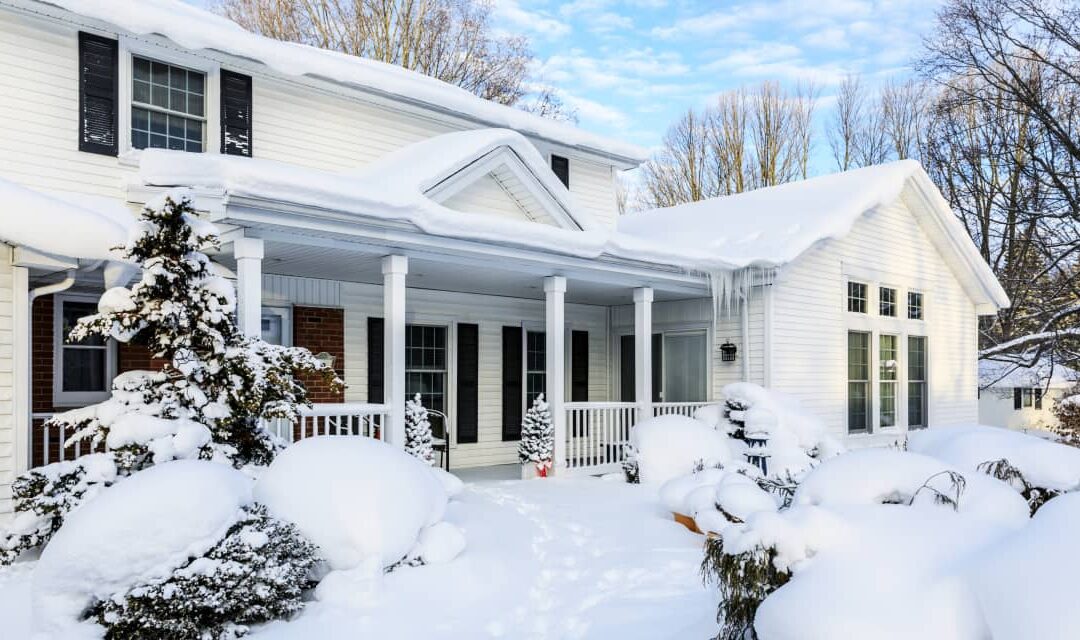There’s good news for aspiring homeowners — the 30-year mortgage rate is expected to fall below 6% by the end of 2024, and the U.S. economy will escape a recession, according to a new forecast by Fannie Mae.
In its January forecast, the housing-finance giant laid out why it expects mortgage rates to dip and the economy to narrowly miss a downturn.
Even though Fannie Mae expects U.S. economic growth to slow this year, it has abandoned its guidance for a modest recession and replaced it with a forecast of “positive but below-trend growth” in 2024.
The reasons for this revision include signaling from the Federal Reserve that rate cuts were on the table for 2024, slowing inflation and an upward trend in the growth of real personal income.
“Inflation’s decline and the resultant Fed pivot to signaling future rate cuts lead us to believe that home sales and mortgage originations likely bottomed out in the second half of 2023 and that a gradual improvement is now underway,” Doug Duncan, senior vice president and chief economist at Fannie Mae, said in a statement.
Mortgage rates below 6% would ‘thaw’ the housing market
Even as rates fall, the housing market is still being held hostage by the so-called lock-in effect, which is limiting the number of homes being listed for sale. With nine in 10 homeowners having a mortgage rate under 6%, many are finding little incentive to move and take on a new loan with a higher interest rate, and they are therefore feeling “locked in” to their current low rates. Consequently, home sales plunged to a 29-year-low in 2023 as supply dried up.
Low resale inventory has been a boon to home builders, who are seeing an uptick in demand from buyers. Historically, newly built homes represent about one-tenth of housing inventory, but last year, that share rose to one-third.
If mortgage rates fall below 6% by the end of 2024, that would prompt more homeowners to refinance, “thaw” the existing-home sales market and ease the lock-in effect, Fannie Mae said. If rates fall even lower, to the 5% range, that would further stimulate home sales, it noted.
But “a full recovery” to prepandemic levels “is expected to take years,” Fannie Mae stressed, “as housing affordability remains stretched extremely thin by historical standards relative to household incomes.”
How much do you need to earn to buy a $400,000 house at a 6% mortgage rate?
To buy a $400,000 home at 7%, the monthly payment would be roughly $2,900, according to Lisa Sturtevant, chief economist at Bright MLS. But if rates were to fall to 6%, that monthly payment would go down to $2,700.
The typical price of a resale home in the U.S. as of December 2023 was around $383,000, and for a newly built home, it was $413,200.
For a buyer to comfortably afford that — meaning that housing costs would account for a maximum of 30% of their income — estimates suggest they would need to make at least $100,000 a year.
Even if rates fall to 5% and home sales pick up, the future of the housing market ultimately depends on what happens with incomes, Mark Palim, Fannie Mae’s deputy chief economist, told MarketWatch. Home prices in October rose for the ninth month in a row to an all-time high, according to the latest figures from the S&P Case-Shiller Home Price Index.









